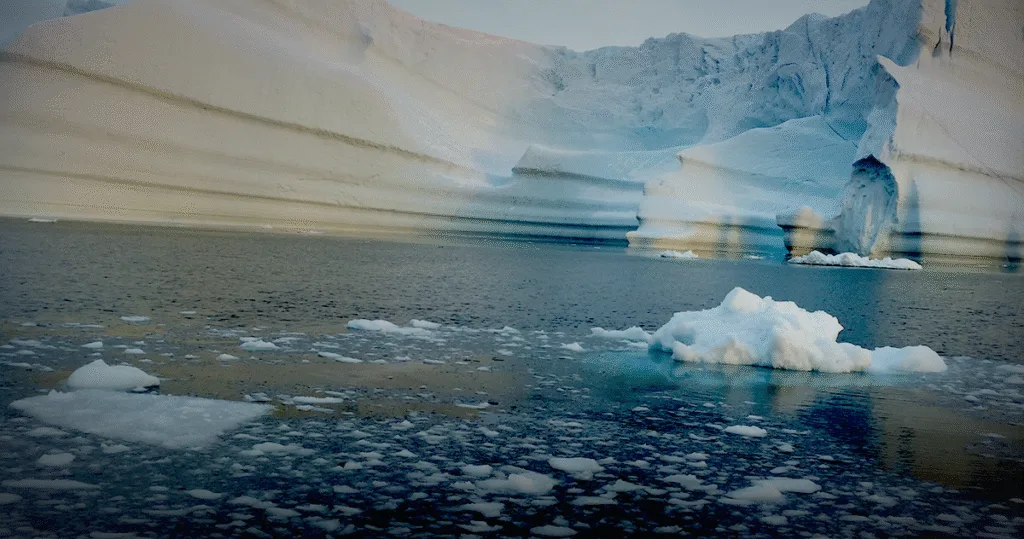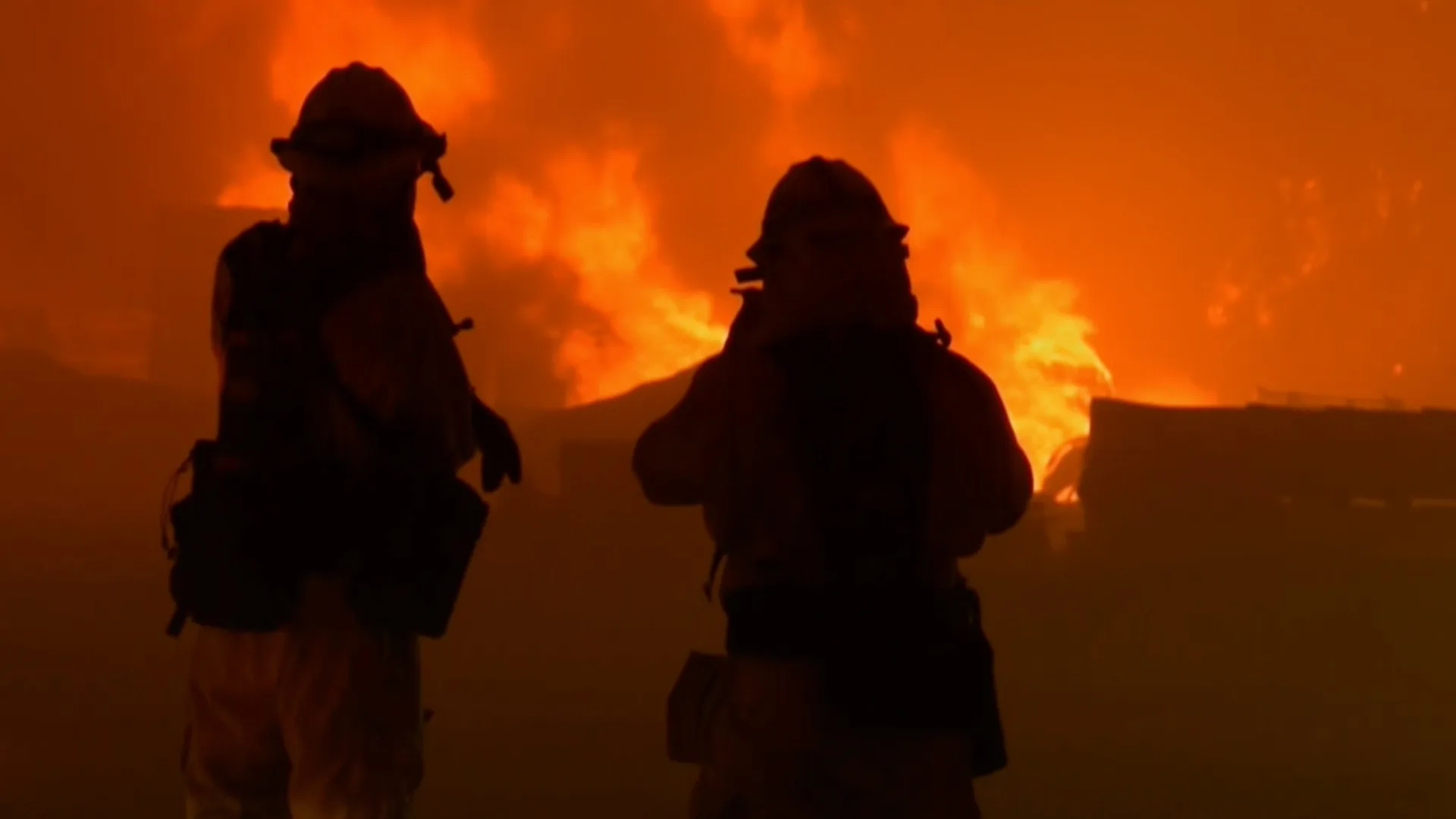As the U.S. Rejoins the Paris Climate Agreement, Revisit FRONTLINE’s Recent Climate Reporting

February 19, 2021
Share
Fulfilling a campaign pledge by President Joe Biden and following an executive order Biden signed on his first day in office, the United States on Friday formally rejoined the Paris climate agreement, a historic Obama-era accord among nearly 200 nations aimed at combating climate change.
“The Paris Agreement is an unprecedented framework for global action. We know because we helped design it and make it a reality,” Secretary of State Antony Blinken, who previously served in various roles in the Obama administration, said in a statement. “Its purpose is both simple and expansive: to help us all avoid catastrophic planetary warming and to build resilience around the world to the impacts from climate change we already see.”
The Trump administration had officially left the Paris agreement in November 2020, following a process set in motion by President Donald Trump in June 2017 when he vowed to withdraw from the agreement, calling it “draconian” and arguing it was not made on good terms for American taxpayers. Under the non-binding agreement reached in 2015 by world leaders and activated in 2016, the U.S. would have voluntarily reduced its carbon emissions on a schedule American officials set.
The 2020 withdrawal came as America grappled with intense wildfire and hurricane seasons, to which scientists say climate change is contributing. The rejoining comes as Texas faces a catastrophic freeze that scientists believe may also be linked to climate change.
Beyond rejoining the Paris agreement, President Biden in late January issued a multi-pronged executive order that named addressing the “profound climate crisis” as a central priority in U.S. foreign policy and national security.
In recent years, there has been a cascade of dire warnings about the current and impending consequences of climate change. A late-2019 report from the World Meteorological Association, a United Nations agency focused on weather and climate, found the human-driven increase in temperatures over the past decade has brought with it progressively more catastrophic impacts on human health and society — including increased world hunger and “extreme” weather events that have displaced millions of people. Around the same time, a statement signed by 11,000 scientists declared that the world “is facing a climate emergency.”
The previous year, a report from the Intergovernmental Panel on Climate Change warned that, from irreversible damage to coral reefs to serious coastal flooding, climate change could have severe effects across the world as early as 2030 — and an even more catastrophic impact soon after — unless there are “rapid, far-reaching and unprecedented changes in all aspects of society.”
For more on the threat and impacts of climate change, revisit FRONTLINE’s reporting in the five stories below — an introduction to our broad coverage of the topic.
1. The Last Generation (2018), an award-winning, interactive look at children living in an island nation threatened by rising seas

2. Fire in Paradise (2019), a film on California’s deadliest-ever wildfire that examines the role of climate change
As it unspools the events surrounding the 2018 Camp Fire — the deadliest blaze in California state history — the documentary Fire in Paradise also examines how climate change is making wildfires bigger and more frequent. “This is not a static problem. We have a problem that’s going to grow worse inevitably over the next several decades,” Michael Wara, director of the Climate and Energy Policy Program at Stanford University’s Woods Institute for the Environment, said in the film. “I don’t think anyone feels prepared for the kind of catastrophe that is possible now.”
3. War on the EPA (2017), a documentary examining how the anti-regulatory and anti-climate change science movements in America gained power
Once President Trump took office, the Environmental Protection Agency (EPA) sought to delay or roll back environmental regulations of coal-fired and natural-gas power plants, oil and gas wells, landfills, vehicle emissions and more. The documentary War on the EPA examines how combating perceived federal overreach by the EPA became a popular conservative cause and how now-former EPA head Scott Pruitt went from fighting the agency to running it. The film also unpacks the events that led up to the Trump administration’s withdrawal from the Paris climate agreement.
4. Greenland Melting (2018), a 360-degree documentary set amid Greenland’s melting glaciers
For centuries, the enormous ice sheet covering the Arctic island of Greenland has been relatively stable. But over roughly the past decade and a half, Greenland’s glaciers have been melting much faster than expected. Why — and what does it mean for the rest of the world? Greenland Melting follows a team of NASA scientists as they try to find out, in this 360-degree documentary from FRONTLINE, NOVA, Emblematic Group, X-Rez Studio and Realtra.
5. Climate Change in the Classroom (2017-18), a series of stories on the battle over what kids learn about climate change
In 2017, FRONTLINE and The GroundTruth Project broke the story on the Heartland Institute, a libertarian think tank that rejects the scientific consensus on climate change, seeking to influence some 200,000 K-12 public school teachers. Our reporting found that the institute was mailing educators textbooks, DVDs, and other materials rejecting the human role in climate change and arguing instead that rising temperatures have been caused primarily by natural phenomena. Climate Change in the Classroom covers the group’s effort — and the responses and reactions it spurred — in a series of stories by reporter Katie Worth.

Latest Documentaries
Related Stories
Related Stories
Explore
Policies
Teacher Center
Funding for FRONTLINE is provided through the support of PBS viewers and by the Corporation for Public Broadcasting, with major support from Ford Foundation. Additional funding is provided the Abrams Foundation, Park Foundation, John D. and Catherine T. MacArthur Foundation, Heising-Simons Foundation, and the FRONTLINE Trust, with major support from Jon and Jo Ann Hagler on behalf of the Jon L. Hagler Foundation, and additional support from Koo and Patricia Yuen. FRONTLINE is a registered trademark of WGBH Educational Foundation. Web Site Copyright ©1995-2025 WGBH Educational Foundation. PBS is a 501(c)(3) not-for-profit organization.






















